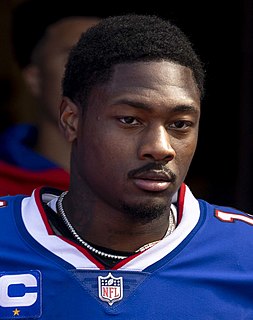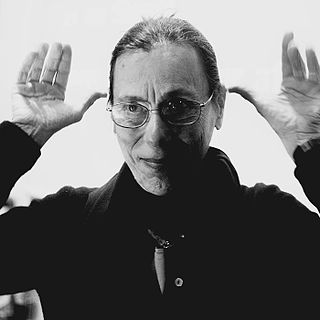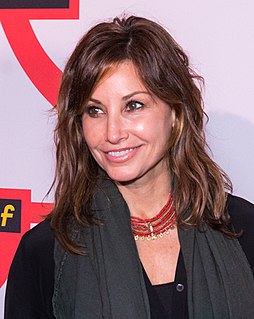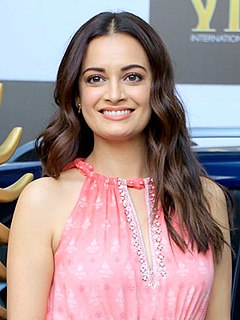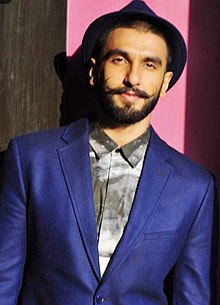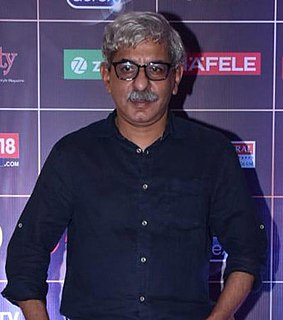A Quote by Richard Linklater
A certain kind of film is a big theatrical film and a certain kind of film isn't. It doesn't bother me so much that you can pick your format.
Related Quotes
For film, you know, the Tarantinos and Nolans of the world who are very focused on a certain kind of film aesthetic and a certain kind of presentation, to be honest, that comes from a place of privilege. It comes from a place of always having access to such, but when you ain't never - you can't see it because you can't even get to it.
I should say that feminism gave me permission to deal with my own emotional life and put it up front in certain ways, or use film as a way to examine, at that time, my own heterosexual experience. Lives of Performers was the beginning of that kind of investigation. But also, the film was influenced by the aesthetics and structures of experimental film as that was taking place at the same time. Hollis Frampton was a big influence on me at that time.
I think the biggest challenge was being aware of a certain audience that was going to see this film [lone survivor]. There's a big difference from a typical movie, journalists and critics and film goers that go see it find that, that's the general experience you have as a filmmaker. So that just kind of proves my point that there's a really different audience.
While the film [Hide and seek] is a work of fiction, I know many people, not just women, who have felt the way my character feels in the film, a certain kind of invisibility. I am grateful that my parents, Bev Umehara and Russell Chang, instilled a healthy sense of self-esteem in me from an early age.

